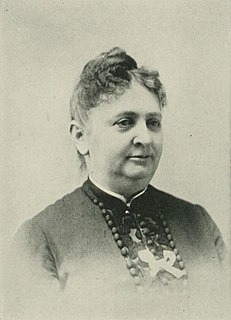A Quote by Andre Gide
True kindness presupposes the faculty of imagining as one's own the suffering and joys of others.
Related Quotes
Right from the moment of our birth, we are under the care and kindness of our parents, and then later on in our life when we are oppressed by sickness and become old, we are again dependent on the kindness of others. Since at the beginning and end of our lives we are so dependent on other's kindness, how can it be in the middle that we would neglect kindness towards others?
There is no wrong suffering. There is imaginary, sham, feigned, simulated, pretended suffering. But the assertion that someone suffers for the right or wrong reason presupposes a divine, all-penetrating judgment able to distinguish historically obsolete forms of suffering from those in our time, instead of leaving this decision to the sufferers themselves.
If you really want to help, then help others to be more present. Help others to free themselves from the past. Help others to take responsibility for themselves. Help them to see how they are creating their own suffering. Every now and then, you will encounter innocent ones who are suffering through no fault of their own, particularly animals and children. Do not hesitate! Help them.
Compassion allows us to use our own pain and the pain of others as a vehicle for connection. This is a delicate and profound path. We may be adverse to seeing our own suffering because it tends to ignite a blaze of self-blame and regret. And we may be adverse to seeing suffering in others because we find it unbearable or distasteful, or we find it threatening to our own happiness. All of these possible reactions to the suffering in the word make us want to turn away from life.
One who is kind is sympathetic and gentle with others. He is considerate of others feelings and courteous in his behavior. He has a helpful nature. Kindness pardons others? weaknesses and fault. Kindness is extended to all--to the aged and the young, to animals, to those low of stations as well as the high.
One who is kind is sympathetic and gentle with others. He is considerate of others' feelings and courteous in his behavior. He has a helpful nature. Kindness pardons others' weaknesses and faults. Kindness is extended to all - to the aged and the young, to animals, to those low of station as well as the high.
True greatness,true leadership,is found in giving yourself in service to others, not in coaxing or inducing others to serve you. True service is never without cost. Often it comes with a painful baptism of suffering. But the true spiritual leader is focused on the service he and she can render to God and other people, not on the residuals and perks of high office or holy title. We must aim to put more into life than we take out.
Character is revealed in the power to discern the suffering of other people when we ourselves are suffering; in the ability to detect the hunger of others when we are hungry; and in the power to reach out and extend compassion for the spiritual agony of others when we are in the midst of our own spiritual distress.




































